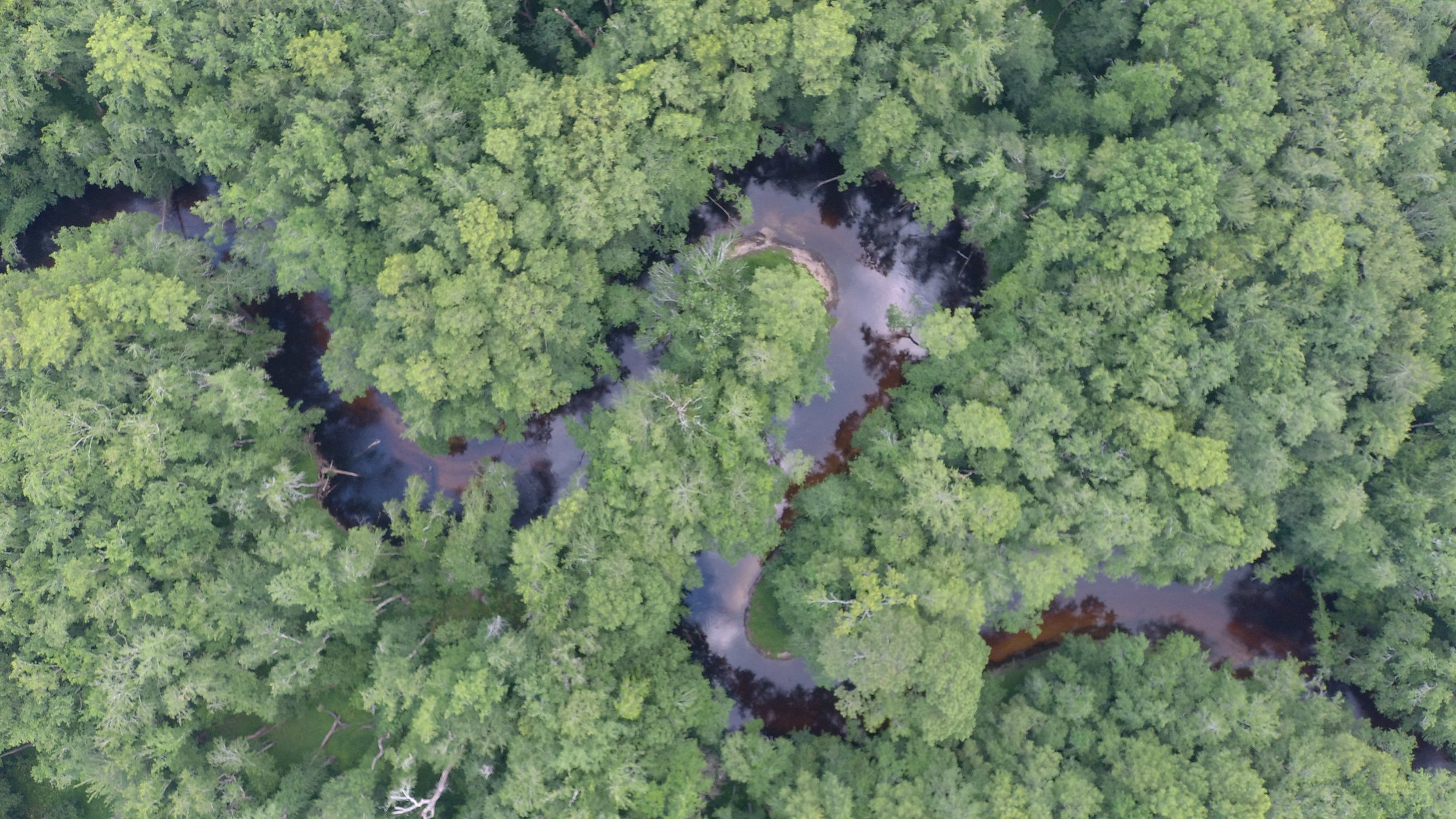
On the Swamp
Fighting for Indigenous Environmental Justice
Description
Despite centuries of colonialism, Indigenous peoples still occupy parts of their ancestral homelands in what is now Eastern North Carolina-a patchwork quilt of forested swamps, sandy plains, and blackwater streams that spreads across the Coastal Plain between the Fall Line and the Atlantic Ocean. In these backwaters, Lumbees and other American Indians have adapted to a radically transformed world while maintaining vibrant cultures and powerful connections to land and water. This reality is paralleled in Indigenous communities worldwide as Indigenous people continue to assert their rights to self-determination by resisting legacies of colonialism and the continued transformation of their homelands through pollution, unsustainable development, and climate change.
Accolades
A key text for readers interested in working with tribes, both federally recognized and non federally recognized, within environmental planning and cultural resource management. The book not only highlights Indigenous perspectives on the environment and land stewardship but also provides important recommendations for shifting tribal collaboration from consultation toward consent.
—Journal of the American Planning Association (Dylan Stevenson, University of Washington)
The best advice I can offer is for people to read the book; if you are a teacher, assign it. Every one of these chapters is a searching examination that is in one sense full of respect for the power of water and in another sense a well-justified indictment of the extractive relationships that have come to characterise oppressive relationships to it.
—Water Alternatives (Jeremy Schmidt, Queen Mary University of London)
An engaging, informative, and deeply personal book that offers significant insights regarding the intersectionality of environmental justice, Indigenous rights, the brutal legacy of colonialism and racism in the United States, and the importance of place.
—Journal for the Study of Religion, Nature and Culture (Damon T. Berry, St. Lawrence University)
Deeply personal storytelling and vivid locality—down to the color of the water in seemingly every last rivulet in the county.
—Sierra Magazine
In writing that’s both affectionate and candid, On the Swamp is a warning about, and a celebration of, eastern North Carolina.
—Grist
Ryan Emanuel takes you on a fascinating journey through time on his Lumbee homelands, focusing on contemporary tribal environmental protections efforts. The Lumbee tribe’s quest to preserve their natural environment and water is a valuable story of how many tribes try to mitigate the risk of climate change while knowing they’ll bear a greater burden of ecological harm for all of society. Emanuel captures in beautiful detail how tribes use traditional values around caretaking the environment while asserting their sovereignty.
—Karen Diver, Fond du Lac Band of Lake Superior Chippewa
This book is an extraordinary study of environmental and Indigenous history. Exhaustively researched and truly captivating.
—Steven Semken, Arizona State University
Finalist - 26th Susanne M. Glasscock Book Prize, Glasscock Center for Humanities Research
Finalist - 2025 Phil Reed Environmental Writing Award, Southern Environmental Law Center
Selection - 2025 North Carolina Reads Program, North Carolina Humanities
Selection - 2024 Summer Reads, Duke Alumni Engagement
